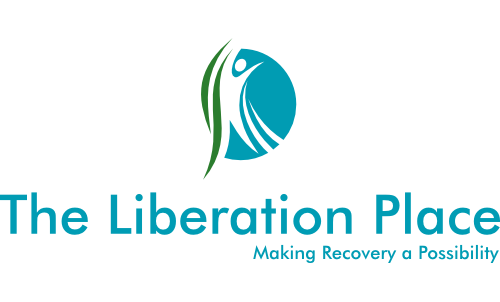Mindfulness in DBT
Out of all the training modules in Dialectical Behaviour Therapy, mindfulness skills are central to the work we have to do if we want to get to grips with changing our old, ingrained behaviour patterns. This is primarily because mindfulness underpins and supports the activation of all the other skills that we are trying to develop in our own journey of living the life we want to live. In fact, I would go so far as to say that, in my opinion, the importance of Mindfulness in any DBT program is significantly underemphasized in most of the DBT Skills training that I've been exposed to over the years, particularly since I’ve been living the DBT lifestyle every day myself.
This understated level of importance is true for a number of different reasons. For example, if we don’t build our ability to practice mindful awareness, we have little to no knowledge of what’s happening inside of our personality system. If this is the case for you, as it most definitely was for me, we're not be able to notice when our emotions have left their natural base line and stepped into a level of emotional distress that's incredibly difficult for us to regulate. This is particularly important because it's at this point, we generally enter a primal brain state known as, "fight or flight," which is where we use automatic, and often old, learned behaviours to deal with the discomfort we're currently experiencing. When we start living the DBT lifestyle, mindful awareness gives us the ability to notice the distress in our system and activate one of the skills associated with the Distress Tolerance skills training module. For me this would normally be where I'd use the skill called STOP, which is specifically intended to slow things down, and help us figure out what’s actually going on, rather than reacting to whatever story is dominant in our system.
"In my opinion, the importance of Mindfulness in any DBT program is significantly underemphasized in most of the DBT Skills training I have been exposed to over the years."
~Steven Morris RP.
At the same time, if we don’t develop our ability to practice mindful awareness then we're not able to look at the behaviour patterns that caused us problems after we've behaved in a way that we previously identified as a behaviour pattern we were trying to change. While the ultimate goal is always to develop awareness in the moment, the expectation can't be that we can simply turn this ability on and off, like we would with an ordinary household light switch. Mindful awareness after the fact is where it all starts, and this is actually a necessary, and extremely important part of the process. First because it gives us the ability to learn our own unique “red flags” of thoughts and feelings by using the Chain Analysis and Missing Links Worksheets we have previously discussed. Second because hindsight awareness is on the road to in the moment awareness, which as I said before, is the ultimate goal we are trying to reach. Also, when we truly look at where we're coming from, hindsight awareness is actually way, way better than our previous knowledge base, which was probably no awareness at all.
Out in the world right now, mindfulness takes on a number of different guises, and as I've said a number of times before, I want to start things off by clearly communicating with everyone who is looking at this, particularly anyone who may already have a specific style of mindfulness that they practice on a regular basis, there is no right or wrong way to practice mindfulness. If you have a system or style that’s working for you, keep doing it, please don’t stop, use the mindfulness skills that you learn in any DBT Skills training program to build on what you already have. In DBT skills training, mindfulness is purely and simply designed to develop our ability to cognitively defuse from the thoughts and feelings that we'd normally blend with. These thoughts and feelings are linked to the many different parts of our personality, so it makes sense for us to work on unblending from their behavioural responses to overwhelming emotional experiences. Mindfulness skills help us to slow things down in our internal world, which in turn, helps regulate our normal external process of reacting to life. In essence, it builds our self awareness for both the external, and internal world in a non-judgemental way, bringing us into the present moment, to Live the Life we Want to Live. After all, when we truly look at the actuality of life, nothing else exists other than the present moment we're in.
Download Mindfulness PDF
Follow us on Social Media





